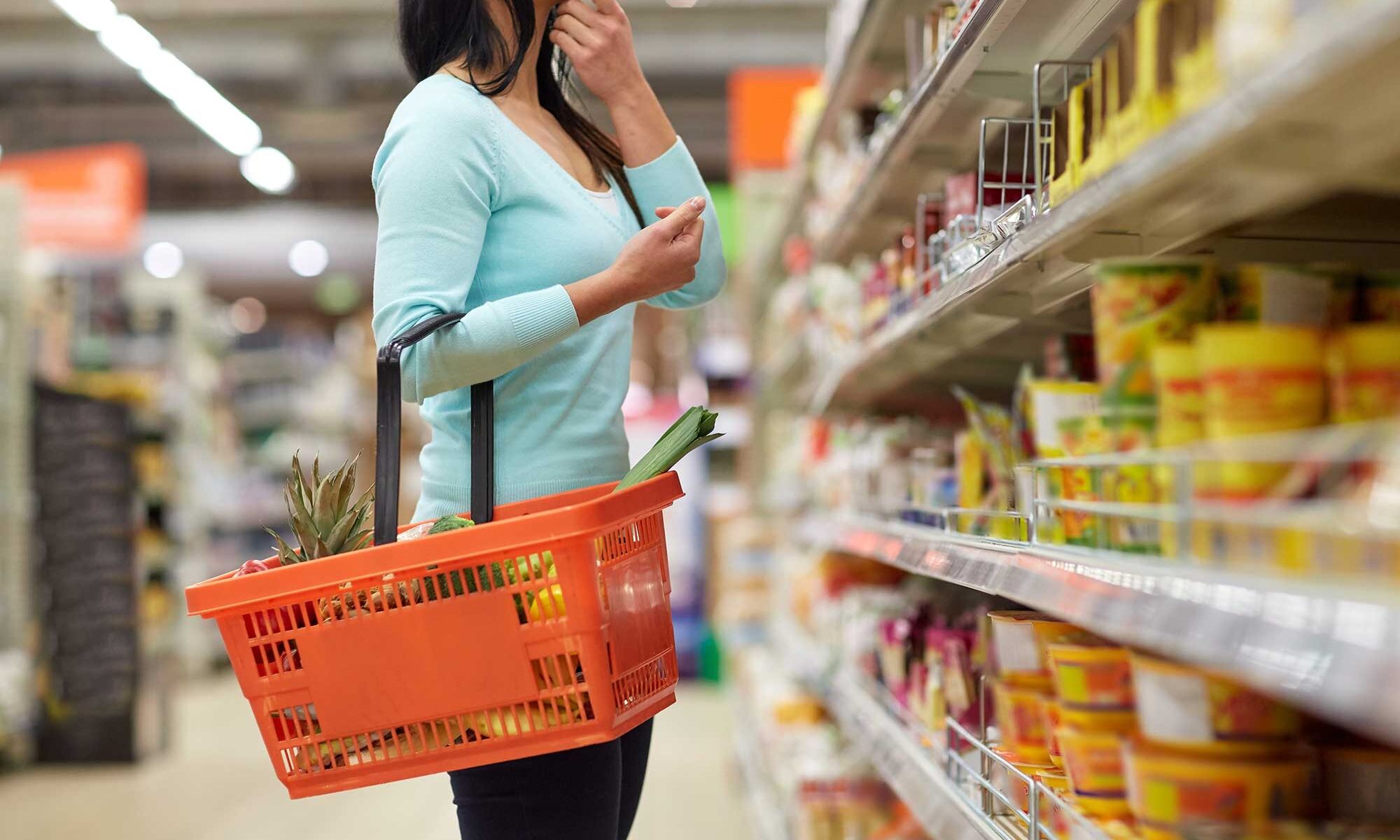Martijn Snoep, ACM board chairman: ‘We face enormous challenges to make Dutch agriculture more sustainable. Cooperation in the chain also helps and usually fits within the competition rules. Supermarkets and the catering industry play a crucial role because they have contact with consumers. In addition, a partly government-backed, clear and reliable hallmark can help consumers who are overwhelmed by the current number of sustainability labels.”
Previous research by the ACM shows that this causes confusion and lack of clarity among consumers. As a result, they lose trust in labels, even the good ones. An unambiguous, well-regulated and reliable label for more sustainable products in shops, specialist shops and the catering industry helps consumers. If the added value of the more sustainable product is clearer, consumers are willing to pay more. The export potential of more sustainable Dutch products improves if this hallmark is also accepted abroad.
Price gap
The ACM believes that the government should seriously look at ways to lower the prices of more sustainable products. This could be done, for instance, by reducing VAT for more sustainable products. For mainstream products, it is important that the environmental impact of production is factored into the price so that consumers pay the “real price”.
At the request of the Dutch Minister of Agriculture, Nature and Food Quality (LNV), the ACM has spent the past three years investigating price formation in the food chain for mainstream and more sustainable products and obstacles to sustainability. The studies were partly conducted by Wageningen Economic Research on behalf of the ACM.
A consistent picture emerges from the three monitors. A major obstacle to sustainability is the higher price for more sustainable products compared to conventional products. Consumers have limited willingness to pay more as long as the cheaper mainstream products are still on offer.
Image above: Ground Picture/Shutterstock



